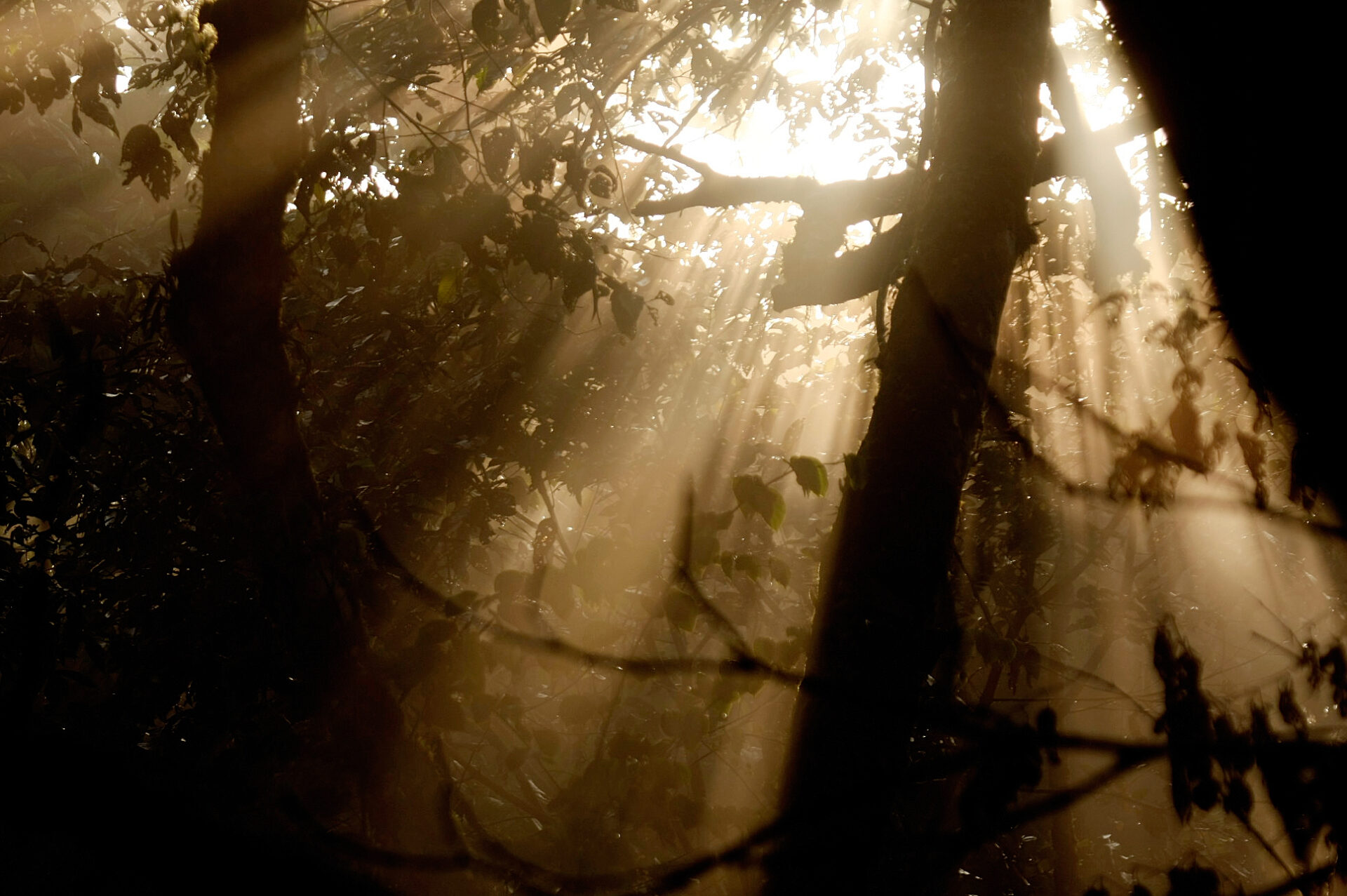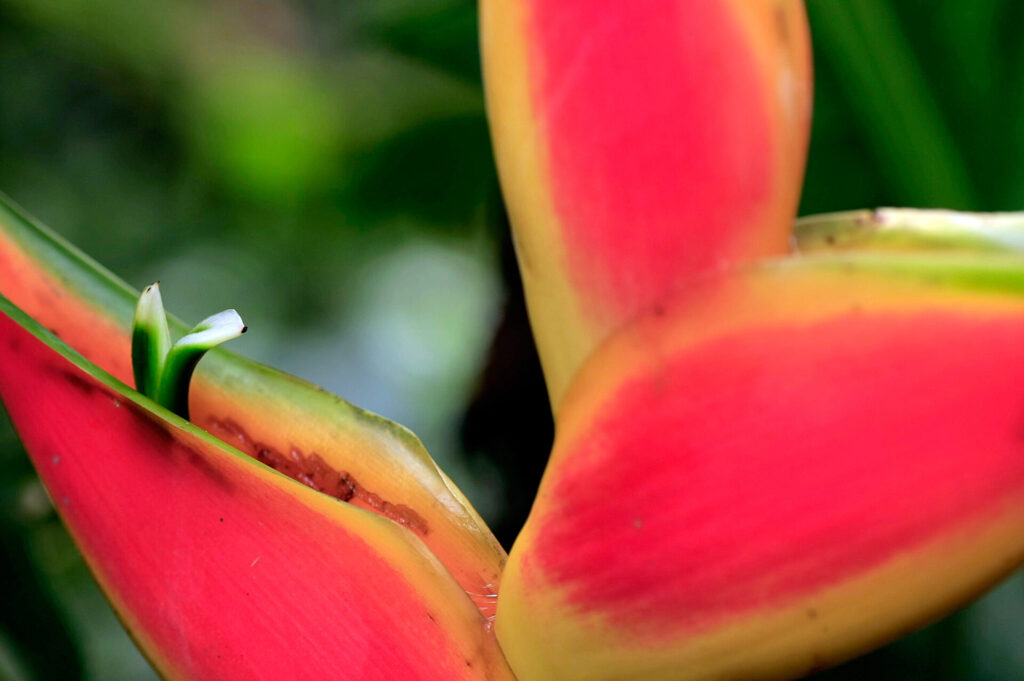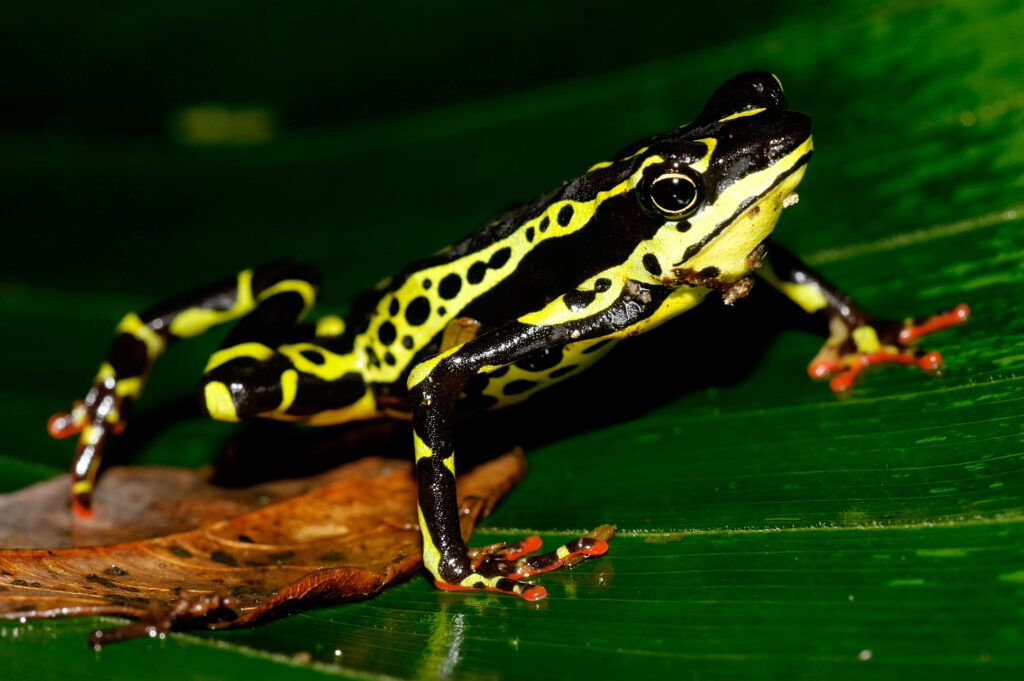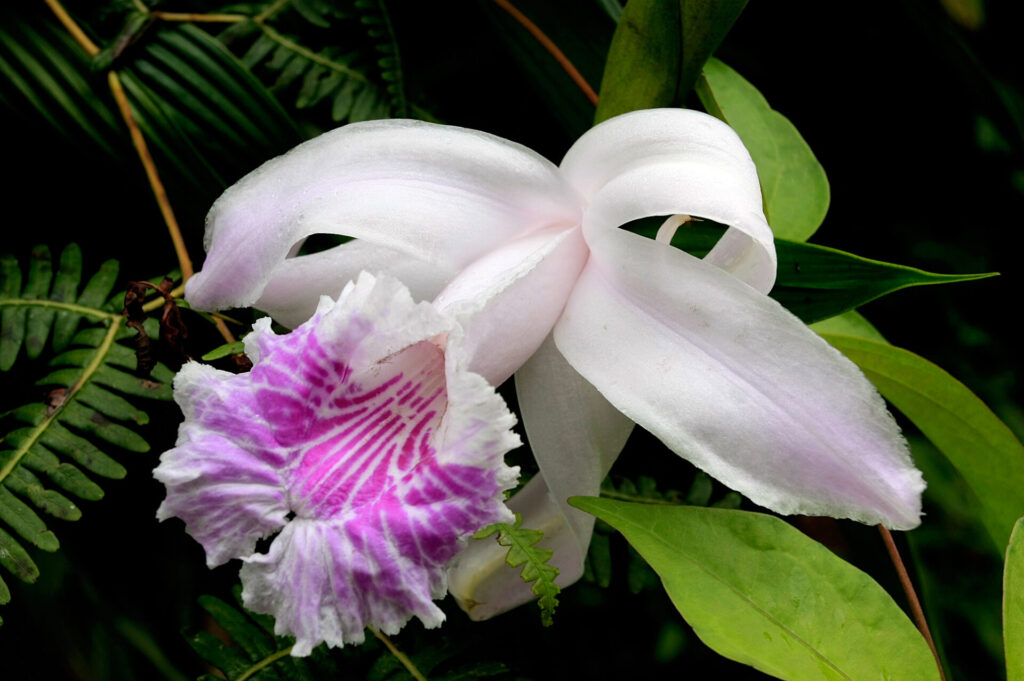A dream in defense of the Amazon
Zanja Arajuno has an accumulated experience of 25 years of working with wildlife as it is the continued dream of the former Centro Fatima, founded by Medardo Tapia and Ruth Arias, as an experimental center of the Polytechnic School of Chimborazo and later, a pioneer project of the Organization of Indigenous Peoples of Pastaza (OPIP) for the management, breeding and reproduction of Amazonian wild animals in a territory granted in commodatum by the Provincial Council of Pastaza. This agreement ended in 2012.
When he was 20 years old, Medardo Tapia had a vision while ingesting floripondio (wantuk) that showed him a man on his back leading various types of animals towards a giant tree, he looked like a shepherd. As a resident of Puyo he understood that his dream was the projection of his future life in defense of the Amazon. Medardo had heard from the elders or "taitas" that the Sacha Runa is the protective spirit of the animals and that is why he feels called to be their helper. As an agronomist, he would no longer take care of cows and sheep, but of wild species. This is how the relationship with OPIP came about.
Why is it important?
Of all the provinces in the Ecuadorian Amazon region, the provinces of Orellana and Pastaza are among the most biologically diverse in the world. In these eastern tropical forests there are about 150 species of amphibians, some of which are in danger of extinction.
A special feature of the site is that it is geographically located in the buffer strip that connects with the OGLAN ecological corridor (coming from the Arajuno mountainous area), which is ecologically important in biological and scientific terms due to the diversity of ecosystems it possesses, mainly because of the water sources that surround it. Zanja Arajuno has an evergreen piedmont forest that is home to species unique to the region. Such is the case of remnant populations of the frothy harlequin amphibian Atelopus spumarius, a species that has been recorded and investigated for several years in Zanja Arajuno by biologist Diego Acosta. This species is considered a biological indicator and it is evident that these populations are at serious risk of extinction due to the destruction of their habitats.
Pastaza is home to 7 of the 11 indigenous peoples and nationalities of Ecuador, which provides a unique cultural richness and diversity in the Amazon region. The relationship with the Mariscal Sucre peasant-mestizo community has led to the expansion of territorial zones with possibilities for eco-tourism intervention.




